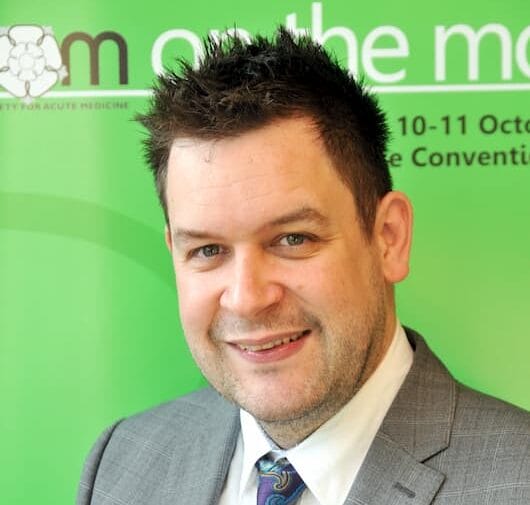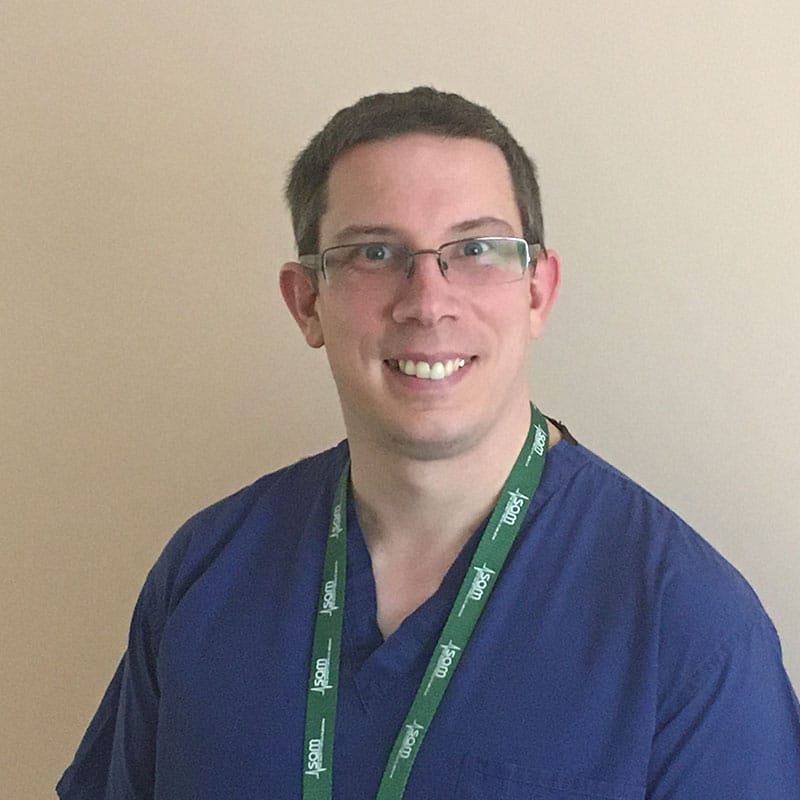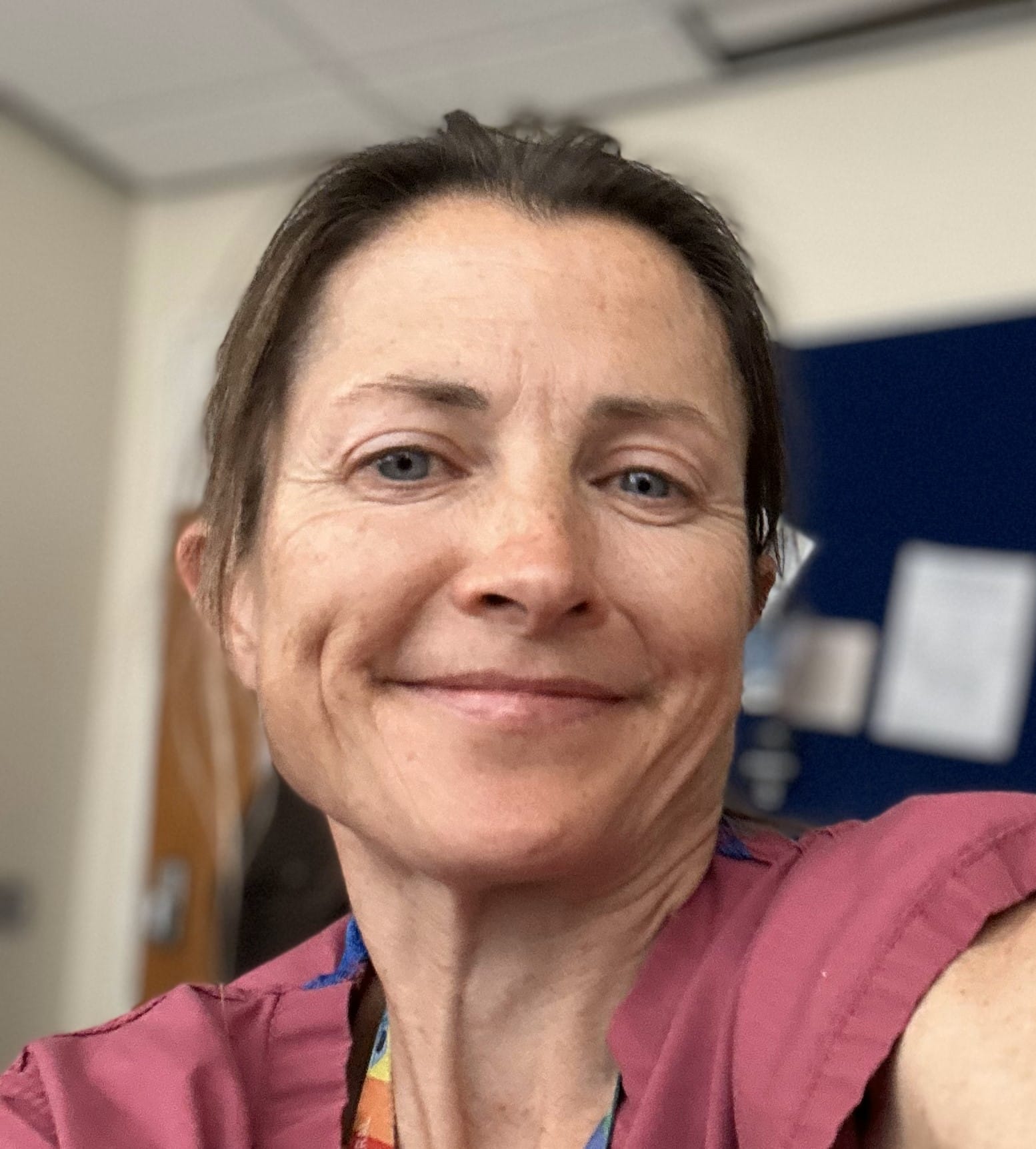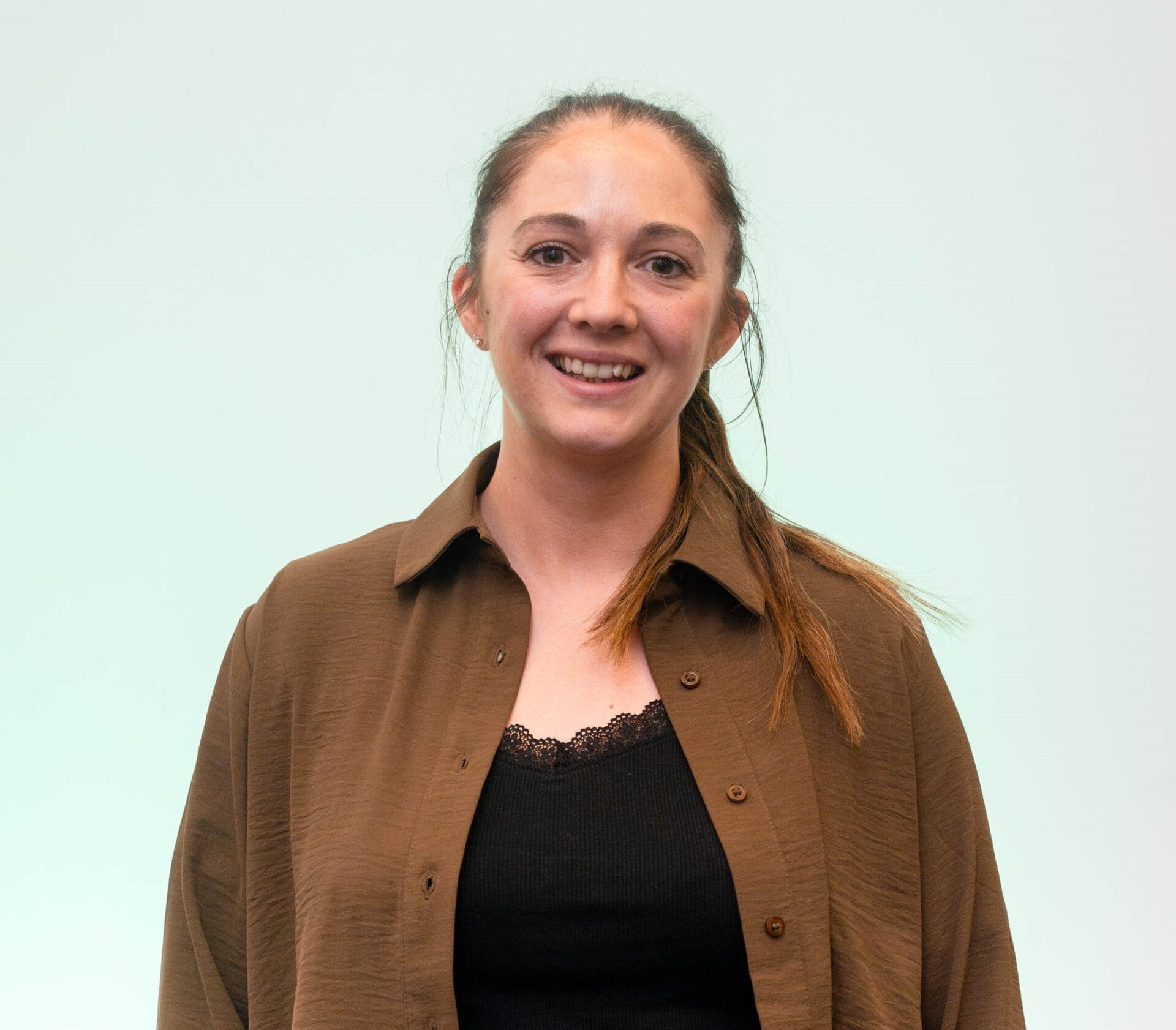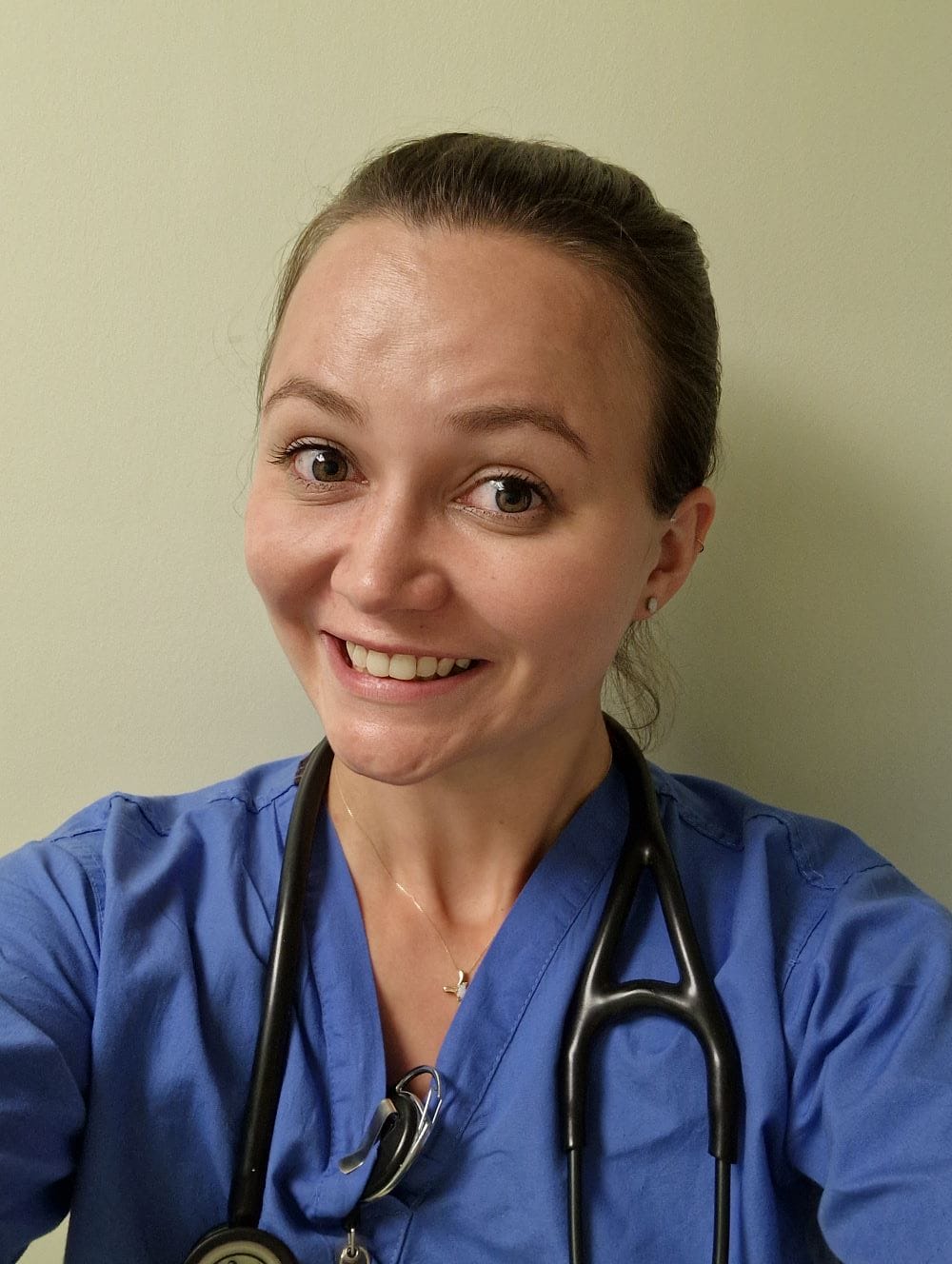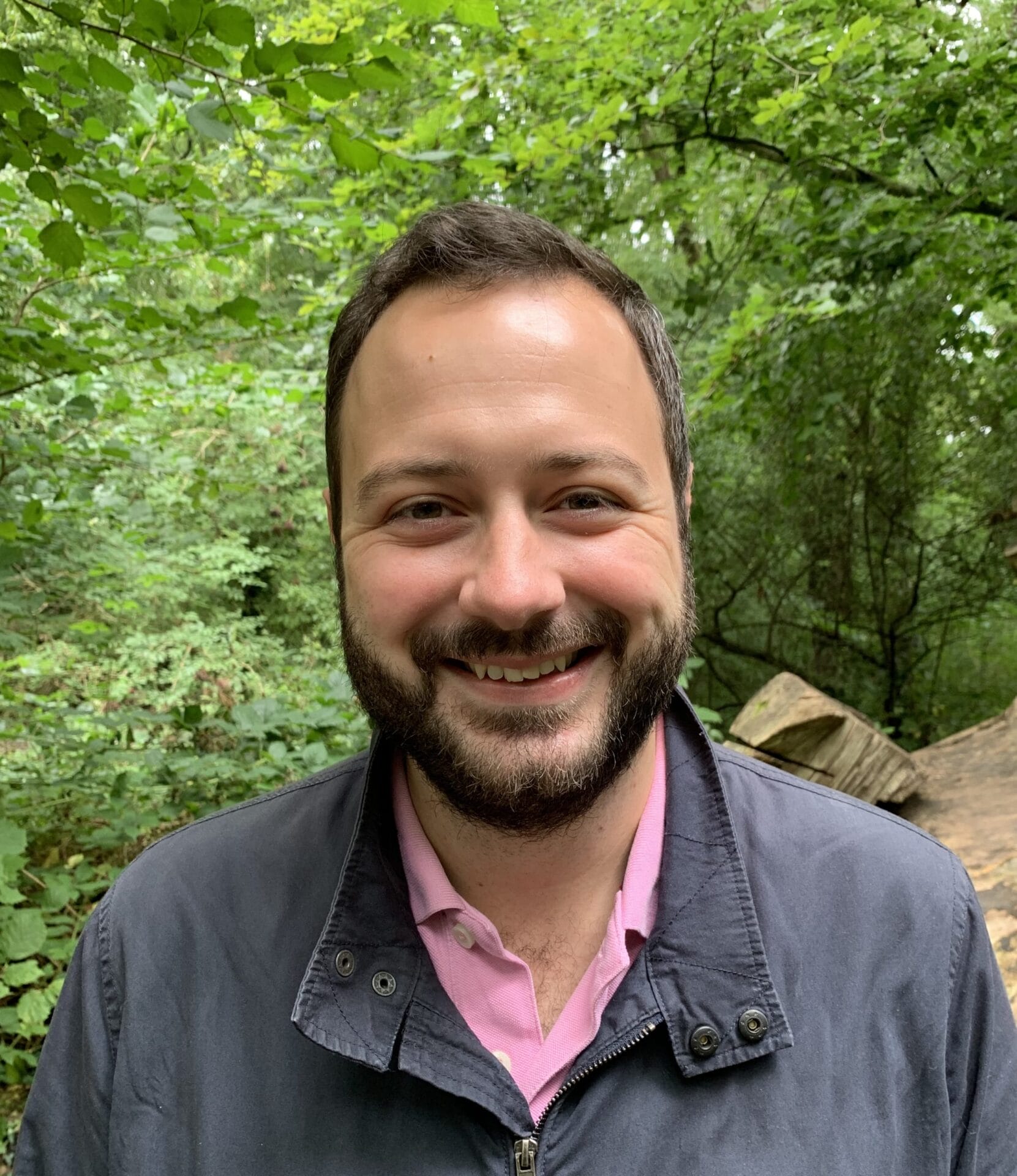Welcome
Hi, I’m Beth – the New Consultant representative for SAM.
Having completed my Training in 2023, I realised that the period of transition from completing training to becoming a new consultant can be difficult to navigate!
The final few months of training is a busy period, and it can be very stressful ensuring that everything is in place prior to CCT.
These pages are designed to be a ‘rough guide’ for this period, as there are often considerations that are not immediately apparent, and unfamiliar phrases that can be difficult to decode!
The content of these pages has been suggested by your future consultant colleagues who have just been through the process, and I hope that you find them helpful
P.S. There is a national ‘Whatsapp’ group for AIM trainees and consultants up to five years post-CCT which can be a good source of information and the members are often very responsive – contact your local Trainee reps to be added!

Consultant timeline
- Start ‘Acting up’***
- Complete pre-employment checks**
- ARCP Outcome 6
- Negotiate Job Plan and start date
- Application for CCT sent by JRCTB to the SAC
- Time off
- Up to 6 months Grace Period
- Substantive Consultant Post
- Locum Consultant Post
*Pro rata for LTFT
**CCT certificate will not be available until after entry on to the specialist register – employers should be aware of this but you may need to remind HR
*** Formal Acting up can be any three months block within the final year of training but is typically done in the final three months
Penultimate Year Review
This is a review usually undertaken with your training programme directors as you approach then end of ST6. They review the portfolio and the specialty training undertaken to date and agree the curriculum requirements that remain outstanding to complete training.
Reducing training time
Final ARCP
Applying for the Specialist Register
The Period of Grace
You will be contacted approximately 6 months prior to your CCT date to see if you require a Period of Grace. The purpose of this is to offer up to six months continued employment at speciality registrar level to doctors who have completed training and not yet obtained a consultant post. There is no pro-rata modifications for LTFT trainees.
If you opt in for a Period of Grace you can relinquish it at any point but bear in mind the notice period is 3 months.
You can only commence the period of grace after achieving an Outcome 6 in the final ARCP


The Process of Acting up
Many trainees consider a period of ‘Acting Up’ During the final of year of higher speciality training. At the completion of CCT doctors need to be able to function as independent consultant practitioners. The AIM curriculum states that it will be a marker of good practice for trainees in their final year to be given up to 3 months of experience ‘acting up’ (with appropriate supervision) as a consultant in Acute Internal Medicine.
This period allows trainees to gain experience in a way that is supported, and helps give insight in to the demands and expectations of an NHS consultant whilst maintaining the supervision afforded by their training programme.
Formal acting up
For English trainees, this document explains the process of acting up.
Formal acting up
There is separate guidance available for trainees based in Scotland
Formal acting up
There is separate guidance available for trainees based in Wales
Formal acting up
There is separate guidance available for trainees based in Northern Ireland
Essentially, acting up is a where a postgraduate doctor steps out of their planned rotation placement to take up a consultant level role, without direct supervision. e.g. 3 months acting up as a consultant, which may include participating on the consultant rota at that site.
This can only be in the final year of training, and for a maximum of 3 months which (pro-rata for LTFT trainees), and is only an option for trainees who have achieved an outcome 1 in their previous ARCP, who have achieved all of the competencies required for completion of training.
Informal arrangements or ‘Acting as’
If you don’t wish to act up or haven’t applied for an OOP to facilitate this, you can still discuss with your clinical/educational supervisor whether there is scope for this. This may take the form of conducting Post-take Ward rounds with minimal supervision or being on a consultant rota, as long as there is adequate supervision.
Costs involved with completing training
In addition to the annual GMC retention fee, you must also pay a fee to the GMC for entry to the specialist register. In 2023-24 this was £466.
If you chose to split your JRCTB training fees into instalments paid annually alongside a Collegiate Membership (as opposed to up front), remember to check if you have paid all four annual instalments, as you will be required to pay everything that is outstanding prior to your completion of training. An annual instalment in 203-24 was approximately £172.
If you have Medical Indemnity cover, you will need to contact the provider to inform them of your new post as a consultant to ensure that your cover is adequate for this new post (you should also do this if you chose to act up during the end of training). The annual cost of consultant cover can be £500 or more.
TIP
The transition in to consultancy can be an expensive time – there can be costs of around £1000 which is important to consider!
TIP
Remember that many professional subscriptions are tax deductible – this can be claimed by self assessment!
You should also contact your union eg. The BMA to advise of your new post, again to ensure that you hold the correct tier of membership for the work undertaken. The increase here is typically around £10 per month.
It is standard that a Disclosure and Barring service (DBS) check will be carried out prior to the commencement of a consultant post, which is typically around £48 (but may be covered by your new employer).
Applying for Consultant Post
Finding a post
All substantive NHS Consultant posts will be advertised on NHS Jobs [link], and you also apply through this website.
It’s important to know that not all vacancies are advertised as they will go unfilled. As such, some hospitals will only advertise if they already have a candidate in mind. If you want to work in a specific hospital or region you may wish to contact their clinical lead to express that you are interested as there may be funding available, and they can then proceed with the process of advertising.
TIP
The transition in to consultancy can be an expensive time – there can be costs of around £1000 which is important to consider!
The application
Applications are online and usually include basic information such as demographics and undergraduate and postgraduate training, and typically you will be asked to write a statement to explain how you meet the person specification.
You will also be asked to provide details for 2-3 references covering the last two years of work, and it is good practice to speak to your references to make sure they are happy to be contacted.
You will be able to negotiate a start date with your future employer. You are usually expected to commence the post within 6 months of appointment (typically after interview) which is an important consideration if you are considering time out after training.
TIP
Read the person specification carefully, and then structure your statement in a way that provides examples of how you meet these criteria.

Society of Acute Medicine (SAM)
SAM is committed to supporting AMUs across the country providing high quality care for medical inpatients. SAM has many MDT members including Doctors, Nurses, Pharmacists and other key members of the acute medical team.
The Consultant Interview
Following your application, if you are short listed you will be invited to any interview. This will usually be a panel consisting of various representatives from the trust such as executives, senior management, human resources, and the department (eg. The clinical lead for Acute Medicine).
Competition ratios for AIM are lower than some other specialities, but you must still be prepared for you interview – if you fail to do so you may be deemed unappointable (even if the post has been advertised with you in mind!)
Unlike the interviews during training, each trust or organisation will have a different interview structure, but you can speak to human resources or interview panel members prior to the interview to get any idea of what is expected.
You will likely be asked questions about your training to date, and why they should employ you. You may also be asked about working within the multidisciplinary team and your understanding of the ethos of that organisation – so it pays to do your homework!
You may also be asked to do a short presentation for the panel – make sure you read the brief and are fully prepared and have good knowledge of references and guidelines to facilitate a discussion.

The panel can feel quite daunting, but similar to interviews in other parts of training they are ultimately there to assess your suitability for the job. Due to the breadth of our training as acute physicians, you will have an excellent and diverse skill set which makes you highly employable!
Tips to prepare for your consultant interview
- Interview courses can be helpful in preparing for the panel, but beware of giving standard answers and sounding too rehearsed – the objective of the panel is to see whether you as an individual will fit in their department – so show them who you are!
- Do your homework – learn about their unit/the bed base/SDEC – do they have enhanced care? Showing that you are familiar with their set up will show your prospective employer that you are interested and engaged
- Look at the Organisation’s web pages – have they won any awards or been in the media recently?
- Make sure that you are familiar with the values set out in the NHS Constitution – this is an interview favourite!
- Make note of the Organisation’s core values – these can often be found on their website and again shows that you are engaged and interested in becoming a member of their team
- Have specific examples prepared for when asked to demonstrate your skills in
- Leadership and management
- Medical education
- Quality improvement
- Difficult communication scenarios or ethical dilemmas
- Speak to Human resources, the clinical lead or one of the interview panellists beforehand to see what they are looking for in a consultant
- Remember your documents! You will be asked for identification
- Although not always necessary, bring a copy of your CV and other evidence such as your original medical degree certificate, GMC certificate, ALS, Postgraduate diplomas – it’s always better to be prepared!
The Consultant contract
New consultant will be employed on the 2003 consultant contract, which can be found here.
This lays out the basic terms and conditions for all NHS consultants.
The basic salary for a substantive consultant in the first year post CCT on a 10 PA (Full time) contract is currently £93,666, which increases to £96,599 after one year. The salary is calculated pro-rata for those working less than full time, or those working more than full time equivalent (see section on job planning).
The standard annual leave entitlement for a new NHS consultant is 6 weeks in addition to bank holidays.
Acute Medicine is often sessional work, and as such it is worth noting that if you work a condensed week then your leave entitlement would be pro-rata for the number of days works. The NHS consultant contract stipulates that individuals should not benefit from a more favourable leave entitlement by virtue of working a condensed week. For example, if you work full time ie 10 PA over four days as opposed to a standard five day working week, then your entitlement would be reduced to 24 days as opposed to 30. However, you would not be required to take leave for your non-working day.
Study leave entitlement is 27 days every 3 years, which may be required by your trust to be taken pro-rata ie. 9 days.
Recruitment and Retention Payments
Trusts or department who have difficulty in recruiting or retaining workers may advertise a Recruitment and retention payment on the job advert.
This can be equivalent of up to 4 months salary, and is paid upon commencement of the role. This would usually be included in the job advert. Other trusts may offer different incentives, such as starting at a higher nodal point on the pay circular in order to attract potential employees. However, such incentives will likely come with terms and conditions, such as staying in the post for up to four years. These incentives may also result in increased income tax and could have consequences for tax free child care which is an important consideration
Locum Work
After training, a period of locum work may be attractive as it often offers greater flexibility in terms of working patterns and enhanced rates of pay. Some new consultants may wish to locum in different departments prior to committing to a substantive post.
Similar to junior doctor roles, you may wish to work on an ad-hoc/short-term basis or you may also wish to consider fixed short term contracts.
Once you have been entered on to the specialist register, you can opt to liaise informally with a specific department, join a private agency, or join NHS Professionals which is owned by the department of health and provides locum cover to hospitals.
There are often also opportunities in Acute Medicine to work additional hours in additional hours on an ad-hoc basis.



